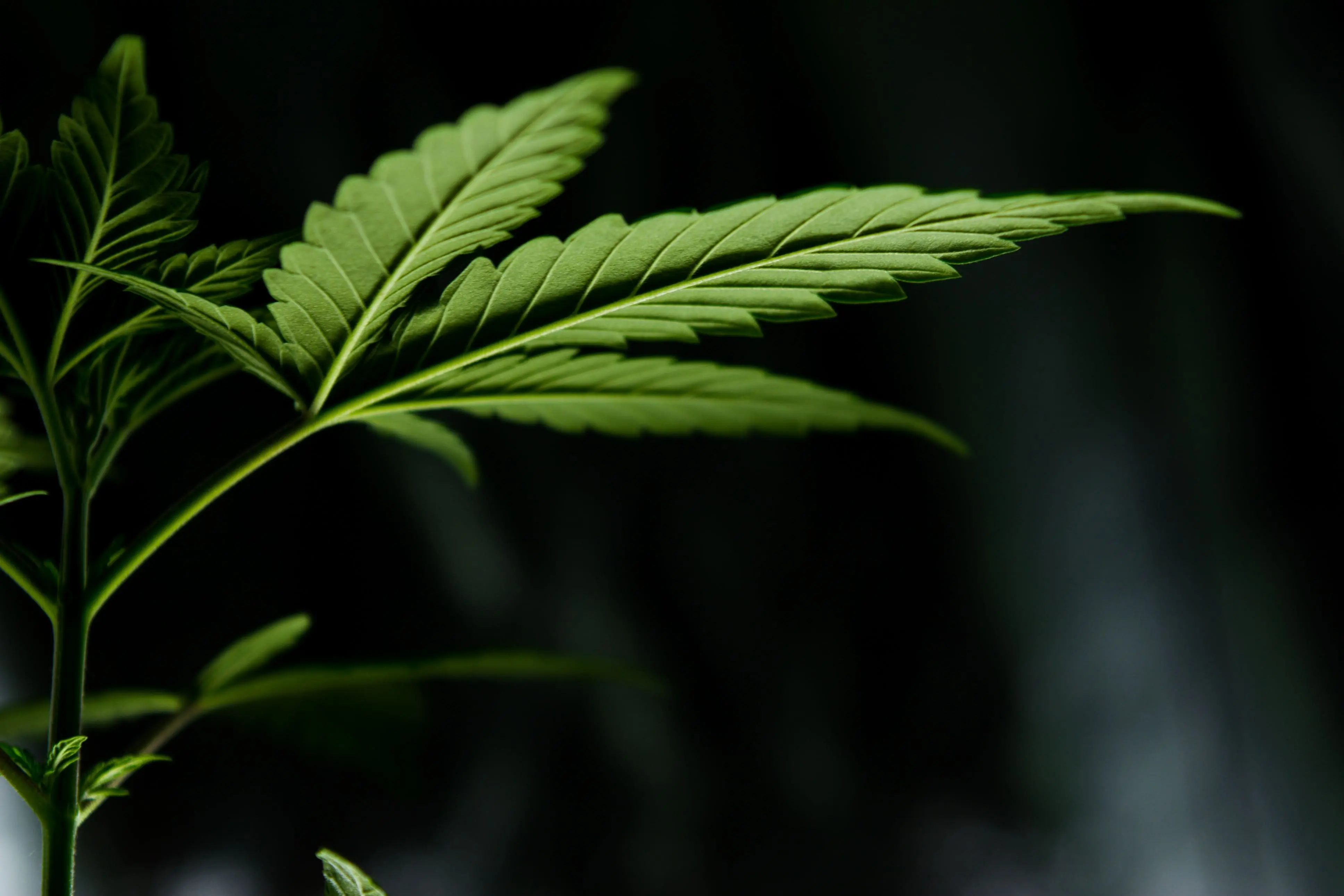Politics
Massachusetts Lawmakers Approve Bill On Marijuana Access Barriers For Police And First Responders

Massachusetts lawmakers have advanced a bill that would require a study into legal barriers facing first responders who wish to use marijuana in compliance with state law.
The legislature’s Joint Cannabis Policy Committee on Monday approved the legislation from Sen. Julian Cyr (D), reporting it favorably and sending it to the Senate Ways & Means Committee for further consideration.
The proposal would require the Cannabis Control Committee to study and issue a report on issues including drug testing requirements for police and first responders, internal policies related to cannabis use for those groups, implications of state and federal right-to-carry laws and the impact of the federal Controlled Substances Act (CSA).
Regulators would also need to look into the efficacy of marijuana in the treatment of anxiety, depression and post-traumatic stress disorder (PTSD). They would additionally examine laws and policies for cannabis use by police officers and first responders in other jurisdictions and “any other topics the commission deems relevant.”
“The commission and the executive office may consult experts, hold regular public meetings, fact-finding hearings, and other public forums as it considers necessary,” the bill says.
The commission would need to compile a report and submit it to the legislature and relevant committees by December 31, 2026.
The bill was reported out as lawmakers in a different committee approved separate legislation to provide employment protections for people who use marijuana. Another panel advanced a similar employment protections bill from Rep. Michael Kushmerek (D) in September.
In the background of this legislative effort, the Massachusetts attorney general’s office last week confirmed it has been receiving complaints from the public about petitioners for a 2026 ballot initiative aimed at rolling back the state’s marijuana legalization law–with a growing number of people alleging that signature collectors are peddling misleading information about the proposal.
The marijuana repeal campaign, for its part, said last month that they’re “on track” to securing enough signatures to place the initiative on the ballot. They’re working to submit 100,000 signatures by a December 3 deadline.
Meanwhile, the head of Massachusetts’s marijuana regulatory agency recently suggested that the measure to effectively recriminalize recreational cannabis sales could imperil tax revenue that’s being used to support substance misuse treatment efforts and other public programs.
Whether the cannabis measures make the cut is yet to be seen. Voters approved legalization at the ballot in 2016, with sales launching two years later. And the past decade has seen the market evolve and expand. As of August, Massachusetts officials reported more than $8 billion in adult-use marijuana sales.
—
Marijuana Moment is tracking hundreds of cannabis, psychedelics and drug policy bills in state legislatures and Congress this year. Patreon supporters pledging at least $25/month get access to our interactive maps, charts and hearing calendar so they don’t miss any developments.
![]()
Learn more about our marijuana bill tracker and become a supporter on Patreon to get access.
—
Regulators are also working to finalize rules to allow for a new cannabis consumption lounge license type, which they hope to complete by October.
Separately, in May CCC launched an online platform aimed at helping people find jobs, workplace training and networking opportunities in the state’s legal cannabis industry.
State lawmakers have also been considering setting tighter restrictions on intoxicating hemp-derived products and a plan to allow individual entities to control a larger number of cannabis establishments.
Also in Massachusetts, legislators who were working on a state budget butted heads with CCC officials, who’ve said they can’t make critical technology improvements without more money from the legislature.
Meanwhile, Massachusetts lawmakers recently approved a bill to establish a pilot program for the regulated therapeutic use of psychedelics. And two committees have separately held hearings to discuss additional psilocybin-related measures.



